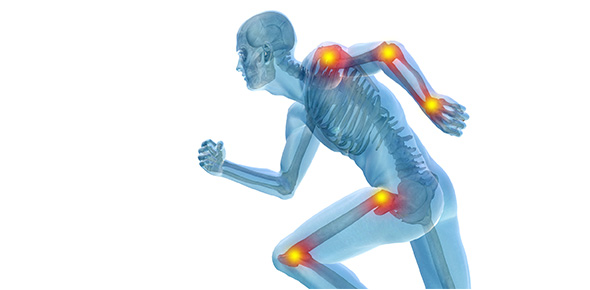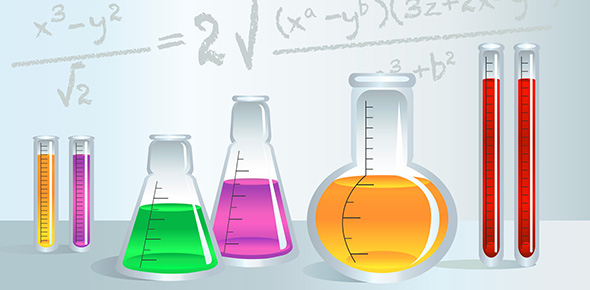Related Flashcards
Related Topics
Cards In This Set
| Front | Back |
|
Acquiring a new response( the conditioned response) to a previously neutral stimulus(the conditioned stimulus) that reliably signals the arrival of an unconditioned stimulus
|
Classical conditioning
|
|
A stimulus response pair in which the stimulus (the unconditioned stimulus) automatically elicits the response( the un conditioned response).
|
Reflex
|
|
The stimulus in a reflex that automatically elicits an unconditioned response.
|
unconditioned stimulus (UCS)
|
|
The response in a relfex that is automatically elicited by the unconditioned stimulus.
|
unconditioned response (UCR)
|
|
The stimulus that comes to elicit a new response(the conditioned response) in classical conditioning.
|
conditioned stimulus (CS)
|
|
CThe response that is elicited by the conditioned stimulus in classical conditioning.
|
conditioned response (CR)
|
|
A classical conditioning procedure in which the conditioned stimulus precedes the unconditioned stimulus but is removed before the unconditioned stimulus is presented so the two stimuli do not occur together.
|
trace conditioning
|
|
(in classsical conditioning) Acquiring a new response( the conditioned response) to the conditioned stimulus
|
Acqusition
|
|
(in classical conditioning) Acquiring a new response(the conditioned response when the unconditioned stimulus no longer follows the donditioned stimulus.
|
Extinction
|
|
(in classical conditioning) A partial recovery in strength of the conditioned response following a break during extinction training.
|
Spontaneous recovery
|
|
(in classical conditioning) The elicitationof hte conditioned response to stimuli that are similare to the conditioned stimulus. The more similare the stimulus is to the conditioned stimulus, the stronger the response.
|
Stimulus generalization
|
|
(in classical conditioning) The elicitation of hte conditioned response only by the contitioned stimulus or only by a small set of highly similar stimuli that includes the contitioned stimulus.
|
Stimulus discrimination
|
|
Learning to associate behaviors with their consequences. Behaviors that are reinforced(lead to satisfying consequences) will be strengthened, and behaviors that are punished ( leasd to unsatisfying consequences) will be weakened.
|
Operant conditioning
|
|
A principle developed by Edward Thorn dike that says that any behavior that results in satisfying consquences tends to be repeated and that any behavior that results in unsatisfying consequences tends not to be repeated
|
Law of effect
|
|
A stimulus that increases the probablity of a prior response.
|
Reinforcer
|







